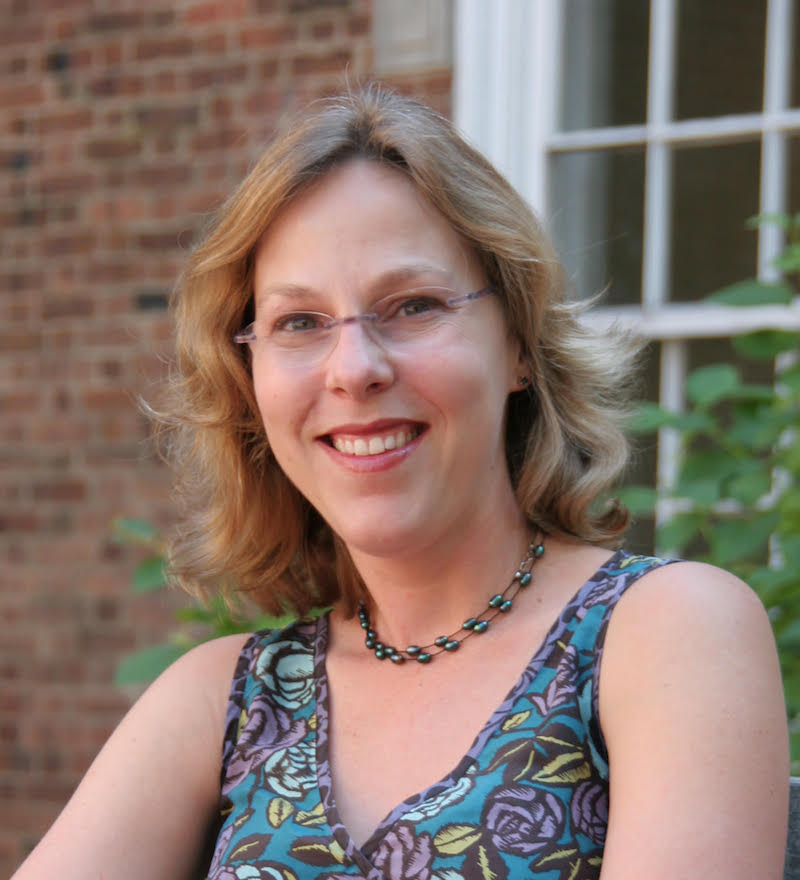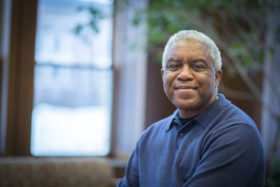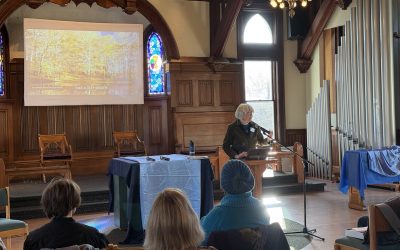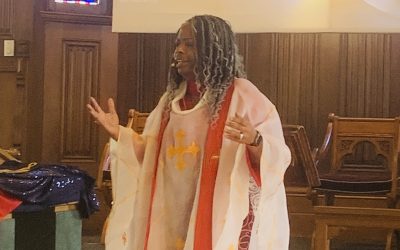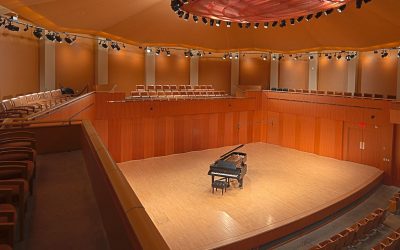A virtual panel discussion with Drew faculty conversation leaders.
April 2020 – Drew University’s Religion and Global Health Forum, a pilot initiative to bridge the diverse worlds of faith and medicine to improve individual and public health outcomes globally, hosted a virtual community conversation on community and care during the COVID-19 pandemic.
Enlarge
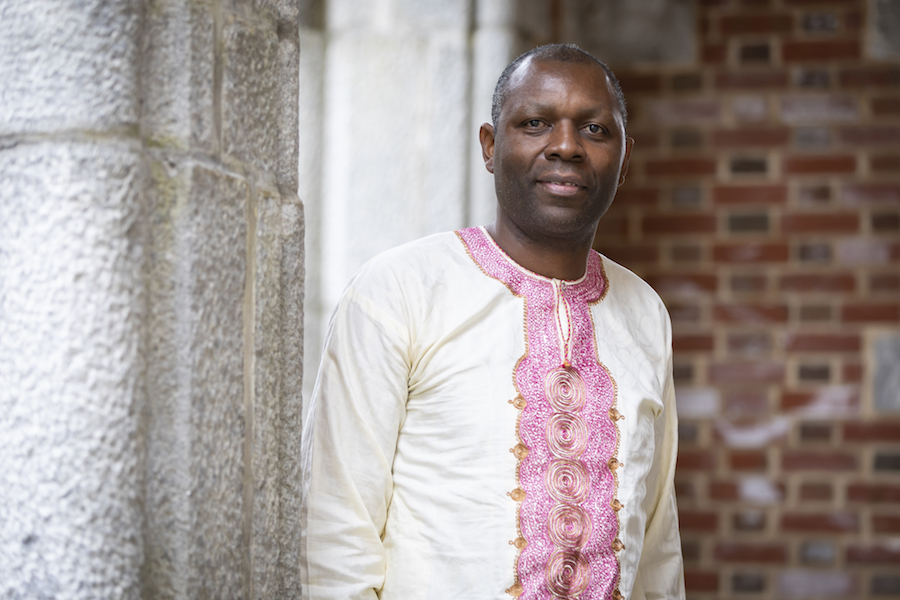
Dr. Kenneth Ngwa, associate professor of Hebrew bible and director of the Religion and Global Health Forum, moderated the panel of Drew faculty conversation leaders.
Ngwa reflected on the meaning of community, sharing a quote from former Liberian President Ellen Johnson Sirleaf as she recalled the need for human compassion during the Ebola outbreak, “A life well lived is a life in the service of others.” Ngwa also connected the sense of community back to the South African word ubuntu, meaning “I am because we are.” Asking the group to allow themselves time to lament and grieve for the lost, Ngwa encouraged hope for the future, “hope is the capacity to put the fragments together,” he said.
Brianne Barker
Dr. Brianne Barker, associate professor of biology, received her PhD in immunology from Harvard and co-hosts a weekly virology podcast. Because of the ability for a virus to move from person to person, Barker encouraged participants to consider the impact of a viral infection on the community. “Viruses force us to think about health, not as individuals, but as members of a population or a community,” she said. “It’s important to consider both the science of the pandemic, coupled with the overall effect on society.”
Christina McKittrick
Dr. Christina McKittrick, associate professor of biology, has a background in neuroendocrinology, the study of the interaction between the brain the hormone system. McKittrick shared that there are three factors that can be effective in mitigating the affects of chronic stressors: predictability, control and outlets for frustration. In the case of this pandemic, the predictability is uncertain, however we can control our behaviors to decrease the spread while keeping a routine as close to regular as possible and discovering new and innovative ways to adapt and stay in contacts with friends and family.
Arthur Pressley
Dr. Arthur Pressley, associate professor of religion and psychology, spoke to the connection between mind and body. “It’s hard to problem-solve when you don’t know yourself and you don’t know your community,” said Pressley. “The way we think needs to be readjusted—think of safety as something you develop with other people so it is relational.
George Van Orden
Dr. George Van Orden, assistant professor of public health at Drew, was a public health officer in New Jersey for over 35 years and has experience with many previous public health outbreaks and disasters, including the AIDS epidemic, terrestrial rabies, lyme disease, West Nile virus, novel H1N1 and the September 11 attacks. “One thing I’ve learned over all these experiences is that people get panicked and stressed over the uncertainty,” said Van Orden, who offered an arsenal of suggested activities and outlets to combat stress. These include finding a support system, helping others, daily exercise, educate others to prevent spread, stay calm and try to think rationally, find a reliable source of information, among other useful tips.
Merel Visse
Dr. Merel Visse, associate professor and director of the Medical and Health Humanities, believes a caring approach relies on interdependence within three circles of care. The intimate circle is where we grant ourselves time to adjust “by closely listening to our bodies, our hearts, our minds, and to become aware of what those who belong to our intimate circles need,” said Visse. We can “uphold the collective empathy through togetherness and trust” in our community circle. And finally, we are expected to be pandemic citizens in the global circle, where the “me becomes the we,” she said.
The group broke into breakout discussions for more intimate conversations and Q&A. Check it out below!
For the latest information regarding Drew’s response to the coronavirus, visit the Coronavirus Disease 2019 (COVID-19) resource site.

